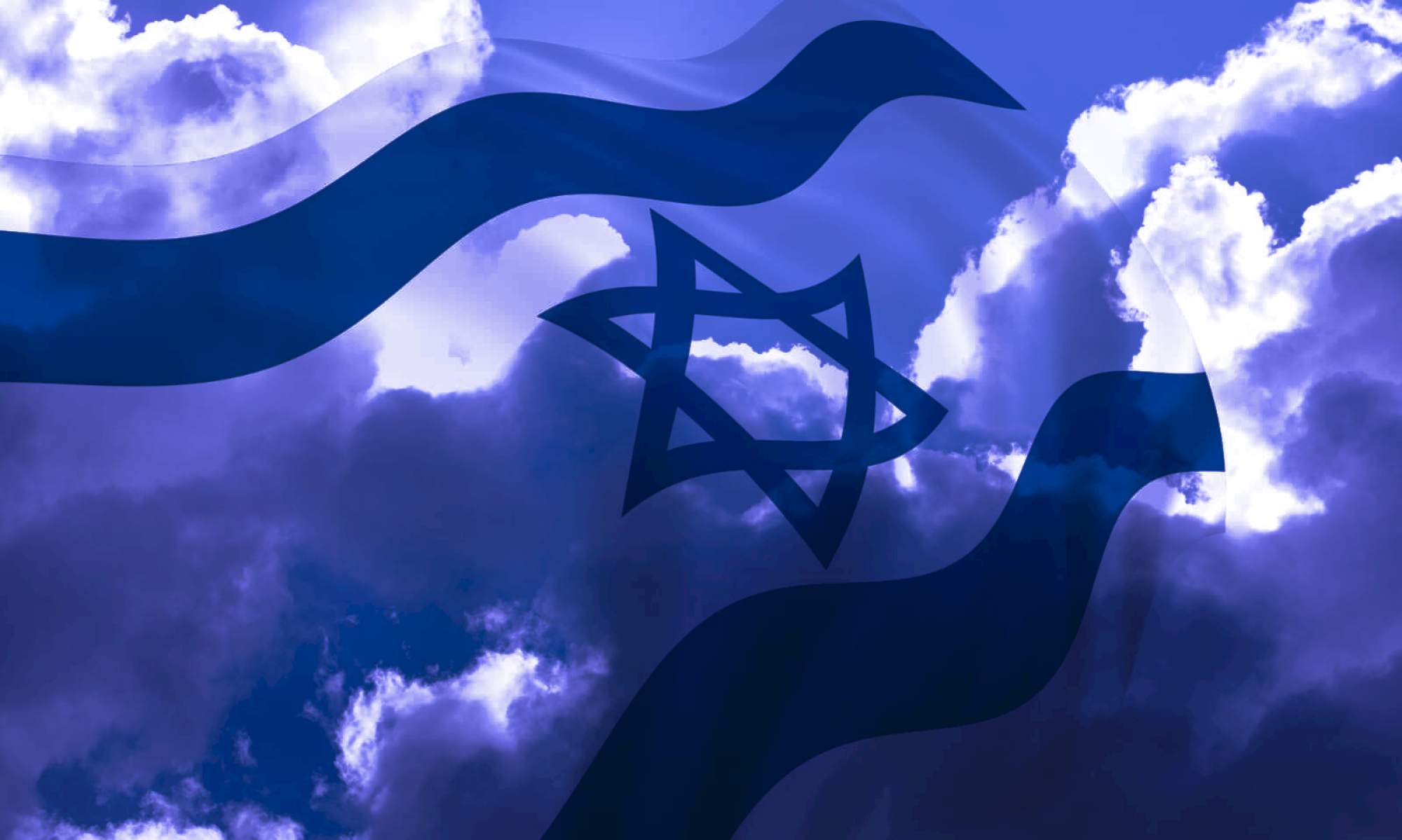
The crisis involving the Druze community in southern Syria is creating a major obstacle to potential cooperation between Israel and Syrian leader Ahmad al-Sharaa, better known as Abu Muhammad al-Julani
Experts say that even if the Syrian Druze do not support Israel, the country has an obligation to protect them against threats from dangerous groups within Julani’s government.
Conflict with the Druze Challenges Trust in Julani
In an interview with the Maariv newspaper, Professor Amatzia Baram, a Middle East expert at the University of Haifa, explained that Israel wants to establish ties with the Syrian government, but this conflicts with the need to protect the Druze.
“Talks on security cooperation between Israel and Syria are facing a major problem: the Druze issue,” Baram said.
The conflict began when Syrian government forces attacked Druze communities in al-Sweida and the Jabal al-Druze region.
What was a local dispute between Bedouin and Druze has become a larger strategic test.
Now, the big question is: Can Israel trust Syria’s new leadership?
Baram emphasized that Julani wants to reach out to the West, including Israel, to rebuild the devastated Syrian economy.
Before the crisis, there was a real chance for cooperation, especially against the Hezbollah group.
“Julani tries to appear as a moderate leader, but the reality on the ground is very different,” Baram said.

Why are the Druze in conflict?
The core problem is that the Druze refuse to hand over their light and medium weapons to the Syrian government and do not want regime armed forces in their areas, such as Sweida.
“The government wants total control, but so far has avoided imposing it by force.
However, with recent attacks by Bedouin and other Sunni groups against the Druze, Julani-or his generals-may have seen an opportunity to dominate Druze towns,” Baram explained.
He also raised questions about who is really in charge.
“Even if Julani is not a jihadist-and that is still unclear-he is surrounded by them, including key commanders.
Could some troops have acted without his approval? Julani’s office said he opposes attacking civilians and promised to punish those responsible, but did not state that he opposes military action itself.
And you don’t send armed forces that far without the involvement of the Syrian high command.”
Baram asked: “Who gave the order? Was it Julani, or did his commanders act alone? If it was without his orders, it shows he doesn’t control his forces.
Or perhaps he sent troops to end the fighting, but his jihadist soldiers took advantage to attack the Druze.
All of these possibilities are worrying.”
The Druze and Israel’s Obligation
Baram emphasized that the Druze have always been an important part of Syrian society and fought alongside former President Assad against Israel in past wars because they see themselves as Syrians.
However, after Assad’s fall, they became vulnerable to threats from Sunni groups such as Bedouins and members of the Islamic State (ISIS).
Syria is divided: Julani has little control over the Alawite coastal region, the Turkish-controlled north, and the Kurdish zone in the northeast.
The desert region stretching from the south of the Euphrates River to the Jordanian border, including Sweida, is a chaotic place with numerous armed groups.
Since the Druze do not have significant military strength, the regime may have seen an opportunity to assert its control over them.
Israel’s Dilemma
Israel faces a dilemma.
On the one hand, it wants to cooperate with Julani against common enemies like Hezbollah.
On the other, it has a moral obligation to the Druze-not because they are pro-Israel (many are not), but because Israel’s Druze, who serve in the military and are loyal citizens, expect the country to protect their brothers in Syria.
Baram warned that Islamic extremists, such as ISIS, view the Druze, Alawites, and Shiites as traitors to Islam, which makes them targets of violence.
“The Druze and Alawites are small and more vulnerable communities,” he said.
Although a ceasefire was announced on Wednesday, with the withdrawal of the Syrian army, Baram believes the danger remains.
“Ceasefires in our region are just a suggestion,” he said.
Possible Solutions
Baram suggested that one solution would be to give the Druze limited autonomy.
For example, the Syrian army could withdraw from Sweida, but lightly armed regime police could patrol the area.
Young local Druze could volunteer for this police force, wearing Syrian uniforms to symbolize unity while ensuring the safety of their community.
He also advocated diplomatic pressure, suggesting that the US administration under Donald Trump threaten new sanctions against Syria if Julani doesn’t change his approach.
“The economic issue is very important to him,” Baram said.
Challenges for the Future
The crisis highlights how difficult it is for Israel to balance the pursuit of security agreements with Syria with its obligation to protect the Druze.
Baram asked: “Should Israel continue to seek rapprochement with Julani or view him as a threat, as a ‘Syrian Sinwar'”” (a reference to a Hamas leader).
The answers to these questions will affect not only the Druze and the Julani regime, but also Israel’s moral and diplomatic standing and the stability of the entire region.
Published in 07/17/2025 05h32
Text adapted by AI (Grok) and translated via Google API in the English version. Images from public image libraries or credits in the caption.
Reference article:
| Geoprocessing Drone Systems HPC |

| ERP and CRM Systems Mobile Systems AI |


